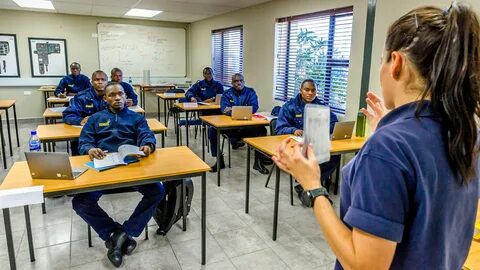Introduction
Every aspiring pilot dreams of flying an aircraft, but before taking to the skies, they must build a strong foundation on the ground. The DGCA exam syllabus plays a vital role in this process, ensuring that every pilot understands the science, rules, and technical knowledge behind aviation. For students undergoing aviation training in India , mastering this syllabus is just as important as completing flying hours. Together, theory and practice form the pillars of becoming a competent pilot.
Why the DGCA Exam Syllabus Matters
The Directorate General of Civil Aviation (DGCA) sets strict academic standards for all pilots in India. These exams test not only what students learn in classrooms but also their ability to apply knowledge during real-world flying. The DGCA exam syllabus includes subjects such as Air Navigation, Aviation Meteorology, Air Regulations, and Technical General. Each subject focuses on essential areas of aviation, from weather interpretation to aircraft systems and international rules.
Students enrolled in aviation training in India must pass these exams to progress toward a Commercial Pilot License. The syllabus ensures uniformity, meaning every pilot in India—regardless of training school—meets the same safety and competency standards.
Balancing Theory with Practical Training
While flying is often considered the glamorous part of the journey, theory is what keeps aviation safe. The DGCA exam syllabus provides the knowledge that complements hands-on training. For instance, while logging flying hours in Cessna or Diamond aircraft, students apply meteorology lessons to assess weather conditions, or use navigation theories during cross-country flights.
This balance between ground school and flying is the essence of aviation training in India. Students learn to respect procedures, interpret data, and make informed decisions—all skills directly linked to passing DGCA exams and succeeding in their careers.
Challenges and Preparation Strategies
Many students find the DGCA exam syllabus challenging due to the depth and detail required. Success demands dedication, consistent study schedules, and proper mentoring. Ground schools across India provide structured classes that simplify complex topics, while online platforms and mock tests help students practice under exam conditions.
With the rapid expansion of aviation, competition is also rising. This makes it even more important for students undergoing aviation training in India to prepare thoroughly, ensuring they stand out during airline selection processes.
Conclusion
The DGCA exam syllabus is not just a set of subjects—it is the foundation on which safe and professional aviation careers are built. Combined with practical flying, it forms the core of aviation training in India, guiding students from their first lesson to the cockpit of a commercial airliner. For aspiring aviators seeking the right blend of structured study, flight training, and mentorship, ThePilot.in offers a clear path forward. With focus and preparation, every student can master the syllabus, earn their license, and confidently begin their aviation career.
